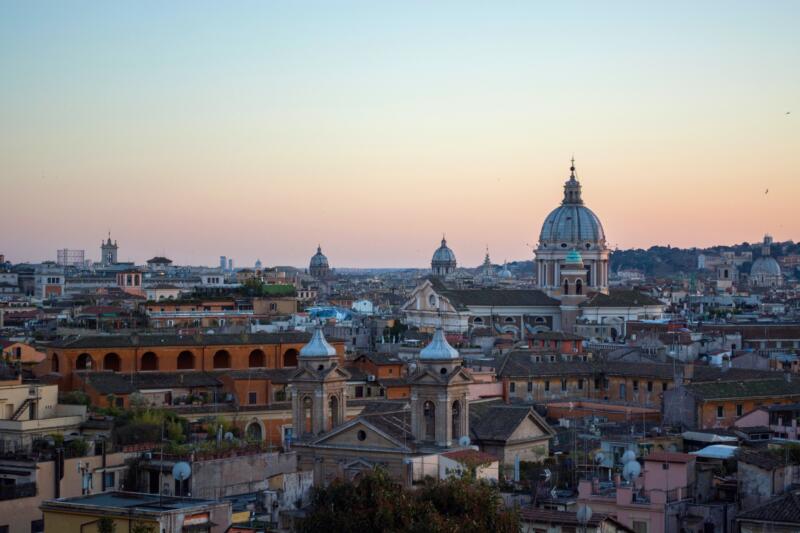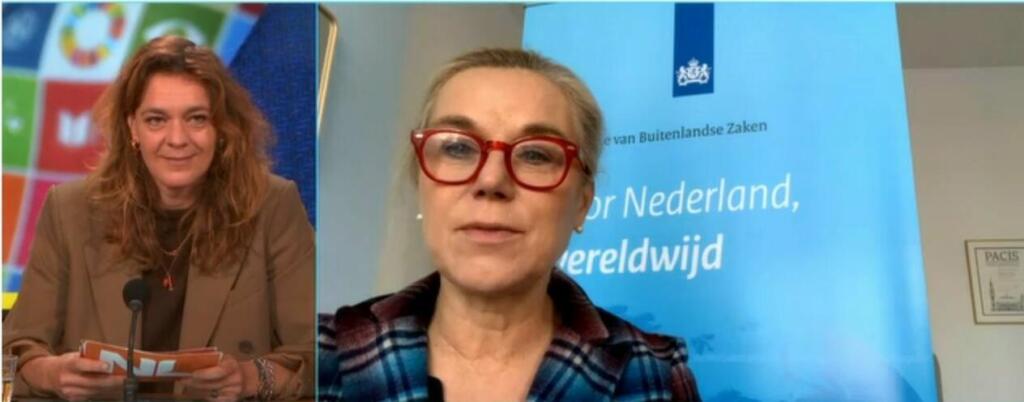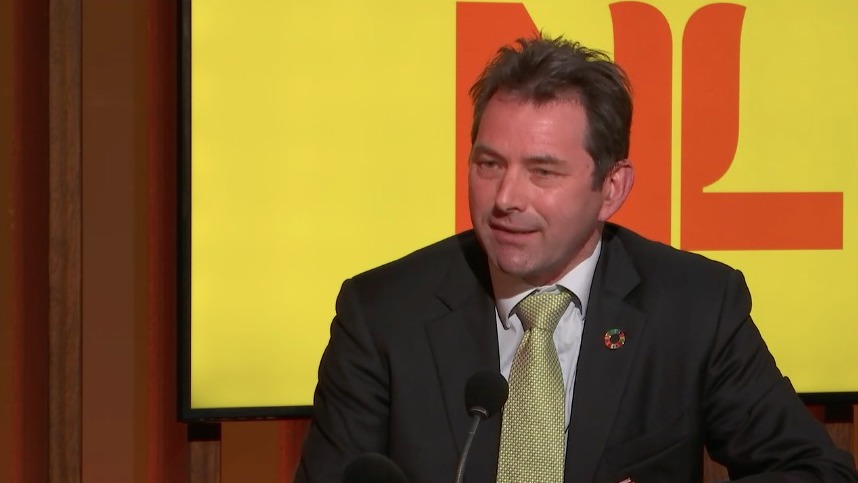Water Management Opportunities and Italian-Dutch Cooperation
November 03, 2020
The 3rd of November 2020 marked the launch of two very special events concerning the circular economy, with a particular focus on the Italian region and on CE in water, as well as the fashion & textile industry.
The first of these events is the ‘Ecomondo Green Technology Expo’, considered to be the benchmark event in Europe for technological and industrial innovation that brings together all the sectors of the circular economy, and which takes place annually in the Italian city of Rimini. The second event is this year’s special ‘2020 Virtual Mission to Italy on Water Technology and Fashion & Textiles’ in collaboration with the Dutch Embassy in Rome.

Kick-off trade mission Italy
“Italy does not get enough credit for its efforts and accomplishments in the circular economy” – Freek van Eijk.
Due to Covid-19 restrictions, both the Ecomondo Green Technology Expo and the Virtual Mission to Italy on Water Technology and Fashion & Textiles are being held online, with stakeholders tuning-in via virtual platforms.
Present in the kick-off conversation for the digital mission was Dutch Minister of Foreign Trade and Development Cooperation Ms. Sigrid Kaag, who showed up in a stylish wool outfit that was completely designed digitally using 3D technology by the Dutch collective Studio PMS, and made by the Italian company COMISTRA using only wool from used clothes, giving a wonderful real-life example of how complementary Italian and Dutch technologies can create circular and eco-friendly products. Present also in the kick-off was HCH founder and CEO Freek van Eijk, who shared his thoughts on the overall circularity of the Italian economy, zooming in specifically on water management and the opportunities it can offer for both Italian and Dutch businesses operating in the sector.
Italy is in fact one of Europe’s leading nations when it comes to circular economy practices and climate action, being able to simultaneously grow its economy and decouple it from material use and fossil energy consumption and emissions. Looking at waste management as an example, Italy shows some impressive numbers, including up to 87% municipal waste recycling in Contarina, Veneto. Manufacturing is another sector at which Italy excels in terms of material productivity, leading Europe with almost 19% secondary material sourcing out of the total material usage in production.
“The idea of a circular economy for water, total water and waste water management cycle makes so much sense, especially for Italy”.
That being said, Italy still has a wide range for improvement in areas such as water management, which happens to be one of the Dutch’s specialty areas. In Italy, almost 38% of all water withdrawn from natural sources is leaked before reaching its destination, which is an alarming number; and this represents only part of Italy’s water related issues. Opportunities for co-innovation along the Italian water value chain are abundant and can have significant effects on other core economic sectors such as agriculture, for example by recovering valuable sludge from waste water that can significantly contribute to slowing down Italy’s extensive loss of soil. Another core economic and cultural sector that can be positively effect is that of tourism.
In conclusion, Dutch technologies in the field of water management can be major complementors to Italian technologies and best practices, and can take advantage of Italy’s decentralized water management system and the possibility of doing business in different scales and under different type of contracts.


